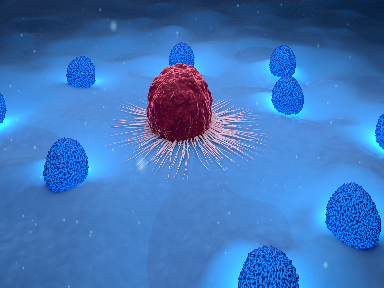pharmatimesJuly 27, 2021
Tag: Pfizer , BioNTech , COVID-19 Vaccine
UK researchers have found that extending the time between the first and second doses of the Pfizer/BioNTech COVID-19 vaccine boosted antibodies against all variants of the virus tested compared to a short dosing interval.
The PITCH study included 503 healthcare workers in Birmingham, Liverpool, Newcastle, Oxford and Sheffield. Researchers compared a short dosing interval (median 3.4 weeks, range two-five weeks) and long dosing schedules (median ten weeks, range six-14 weeks) of the Pfizer/BioNTech jab.
They found that a longer dosing interval led to two times higher neutralising antibodies against all variants, including the Delta variant, compared to the short dosing schedule.

The researchers also found that although antibody levels decreased after the first doses, T-cell levels remained high. Meanwhile a longer dosing schedule led to fewer T-cells overall but produced a higher proportion of helper T-cells which, according to the researchers, supports immune memory.
However, the study found levels of antibodies and T cells varied between individuals regardless of the dosing schedule that they received.
“Our study aimed to shine a light on the different type of immune cells involved to help us better understand the potential mechanisms of protection, particularly against new variants of concern,” said Susanna Danchie from the University of Oxford.
“It is clear from our findings that to maximise your individual protection, it is very important to get two doses of the COVID vaccine when offered. Eight weeks is about the sweet spot for me, because people do want to get the two vaccine [doses] and there is a lot of Delta out there right now,” she added.


Contact Us
Tel: (+86) 400 610 1188
WhatsApp/Telegram/Wechat: +86 13621645194
Follow Us:




 Pharma Sources Insight January 2025
Pharma Sources Insight January 2025


